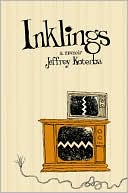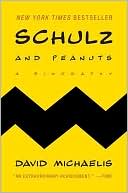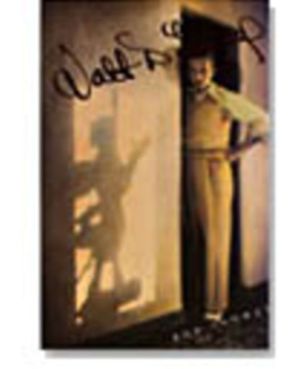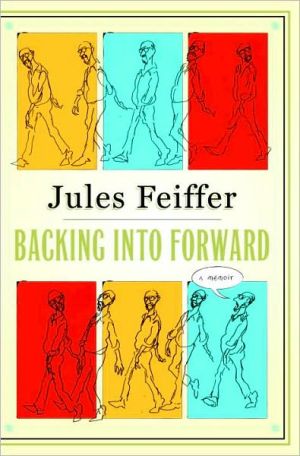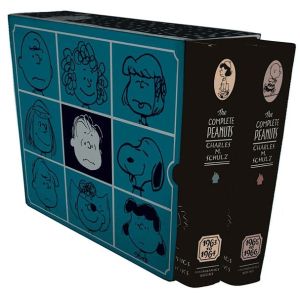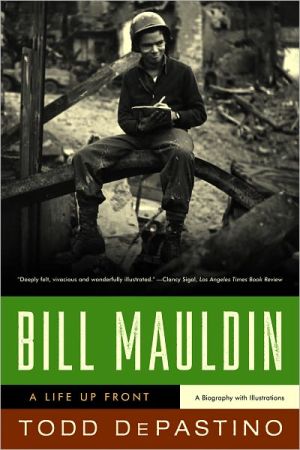Inklings
Search in google:
At age six, Jeffrey Koterba began drawing cartoons, creating with ink and white paper a clean, expansive refuge from the pandemonium surrounding him. The Koterba household was filled floor-to-ceiling with second-hand TVs and garage-sale treasures his father, Art, fixed and sold for extra money. A hard-drinking ex-jazz drummer whose big dreams never panned out, Art was subject to violent facial and vocal tics—symptoms of Tourette’s Syndrome, a condition Jeffrey inherited—as well as explosions of temper and eccentricity that kept the Koterba family teetering on the brink of disaster. From the canyons of busted electronics, the lightning strikes, screaming matches, and discouragements great and small emerged a young man determined to follow his creative spirit to grand heights. And much to his surprise, he found himself on a journey back to his family and the father he once longed to escape. Inklings is an exuberant, heart-felt memoir infused with a uniquely irresistible optimism.Publishers WeeklyIn this honest memoir, Koterba, nationally syndicated political cartoonist and jazz musician, depicts a childhood burdened with both Tourette's syndrome and an eccentric, overbearing father. A failed musician, the older Koterba drank heavily and turned his frustrations on his family. He also had a part-time business repairing and selling televisions, which turned their Omaha, Neb., home into a Sanford and Son–style junkyard. Like his son, he suffered from Tourette's, which has a genetic component. The painfully shy Koterba struggled as a young man to escape the family chaos and follow his artistic inclinations. Koterba renders scenes of family dysfunction with an artist's feeling for nuance and detail. His psychic turmoil is portrayed with equal facility, and the junkyard house becomes a fearsome presence. However, the book lacks thematic unity. While Koterba offers a number of recurring themes—his Tourette's, the Apollo moonwalk, a journalist uncle killed in a plane crash—none of these receive enough focus to sustain the narrative. Yet Koterba's weakness is also his strength: the closeness to his material. (Nov.)
